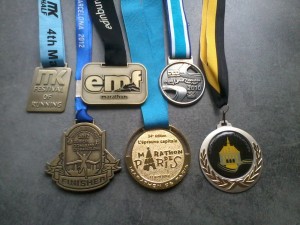I’m writing this during my measly break from my second 14 hour shift in a row. And my god, do I need to vent (more). So, I’m me; you’re the worst customer in the world. Right. Here we go.
When I ask if you would like your coffee in the shop or to take away, please god stop replying that, well, you’d like to have it here but in a take away cup, har har, like that’s some kind of radical life choice. You are not thinking outside the box.
Also, you are not special just because I remembered your order. I remember all the orders, so stop it with the insincerely self-deprecating oh-I-must-be-one-of-the-most-regular-customers laugh. You’re not.
Another thing you’ve got to stop doing is telling stupid stories about how much you need to use the bathroom/have lots of change and your purse is so heavy/are so tired and just can’t function without an extra shot in your coffee today giggle giggle shut up.
Next thing. Don’t order something and then immediately ask how much it is, before I could conceivably have told you. I PROMISE I HAVEN’T FORGOTTEN THAT PART OF THE PROCESS.
And while I’m yelling, WHY ARE YOU ASKING IF THIS SKINNY LATTE IS YOURS? You ordered a skinny latte and then I said “skinny latte” in a loud voice while holding this very one and there is no one else around?!?!
The bathroom. Christ alive, the bathroom. If you’ve just walked in off the street and you need to go, that’s fine; just ask. Do not: walk straight past me and ignore me when I say hello, for I am the keeper of the entry code, and I will not give it to you. Also do not: swear blind that you come in here all the time, you promise. What, do you think I’ve never been here, my workplace, before? I know all the customers who come here all the time. Liars don’t get the code.
Finally, these are the customers who are my friends:
- Fiona and Peter,
- Rich,
- cappuccino man from the weekends,
- that cute blond Australian guy,
- the lady with the two golden retrievers who gave me a hug one time when I was stressed.
If you are not one of these people (and especially if you are that Spanish lady with all the kids, or the weird soy milk woman), remember that I give special treatment at my convenience. Stop being so damn friendly.
Aaaand I feel so much better now. Thanks.




